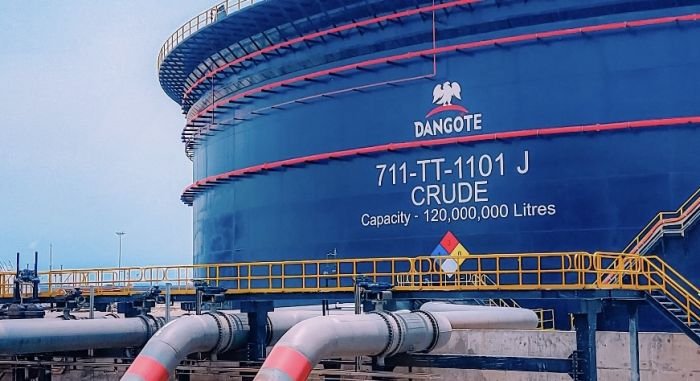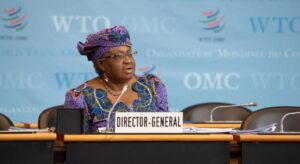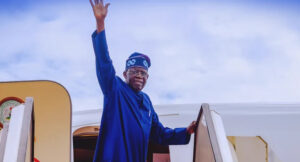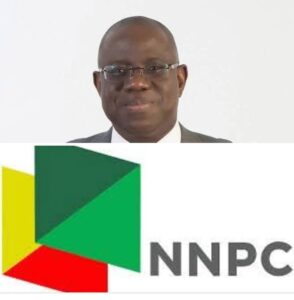
Oil marketers are expressing growing concerns about the potential price of Premium Motor Spirit (PMS) from the Dangote Petroleum Refinery, as the landing cost of imported petrol has surged to approximately N1120 per litre.
The increase in the landing cost, which was reported at N1117 per litre in July, has put pressure on dealers to consider alternative sources for their petrol supplies.
With pump prices fluctuating between N600 and N700 per litre in July and rising to between N855 and N897 per litre last week, the cost of petrol has been on a steady upward trajectory.
However, some independent dealers have even set their prices above N1,000 per litre.
The delay in announcing the price for Dangote’s petrol is exacerbating uncertainty among marketers. This uncertainty is prompting discussions with foreign partners to explore the feasibility of importing petrol, given the open market for competition.
Abubakar Maigandi, National President of the Independent Petroleum Marketers Association of Nigeria (IPMAN), revealed that the organisation is in talks with international partners to assess the costs of importing petrol.
According to PUNCH, he noted that if Dangote’s pricing proves to be higher, marketers might opt for imports to remain competitive.
“We are currently evaluating the costs with our foreign partners while awaiting the Dangote petrol price,” Maigandi stated.
“If the import cost is lower than Dangote’s price, we will consider bringing in the product. The open market allows us to source where the prices are more favourable.”
Maigandi highlighted that increased competition from multiple importers would ensure better availability and more competitive pricing for consumers.
Meanwhile, a Dangote Group official, who wished to remain anonymous, assured that Alhaji Aliko Dangote is committed to offering competitive prices.
The official emphasised that Dangote intends to sell PMS in Nigeria regardless of whether the Nigerian National Petroleum Company Limited (NNPCL) agrees to act as an off-taker.
The unfolding situation underscores the critical role of price determination and market competition in shaping the future of Nigeria’s petrol industry.







